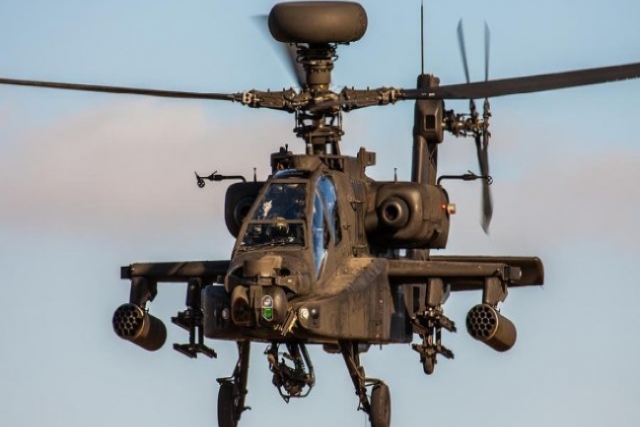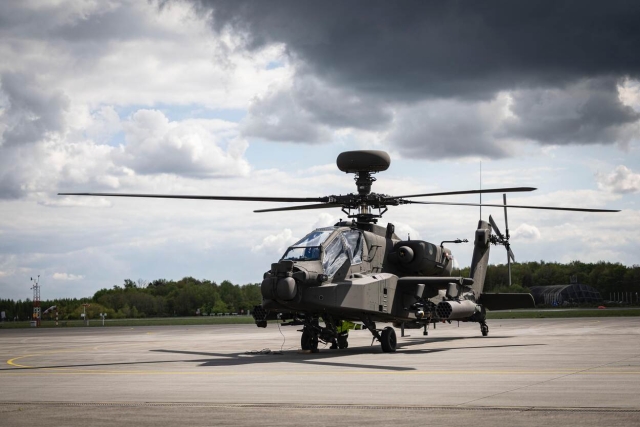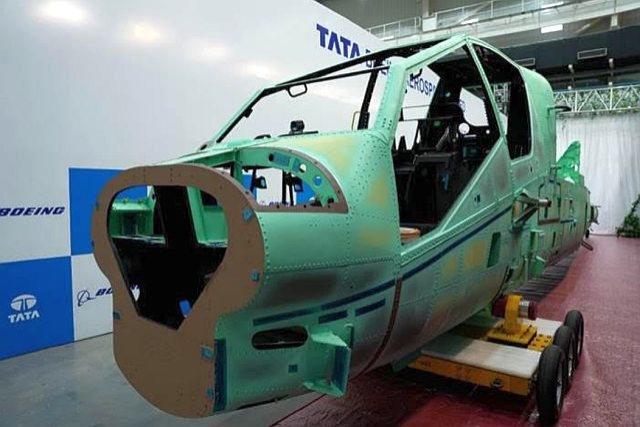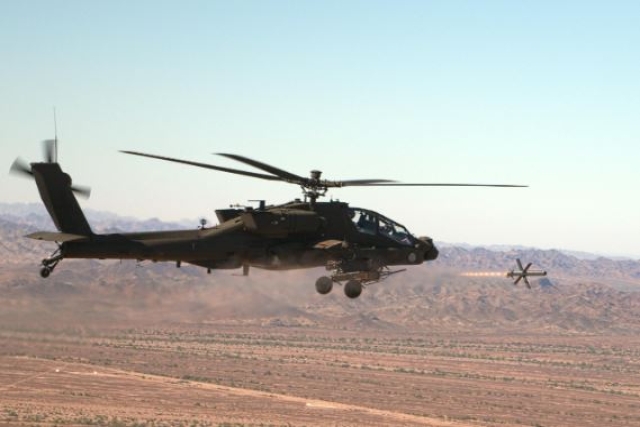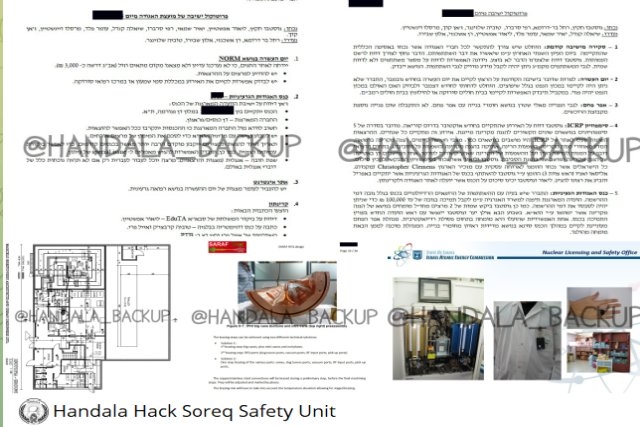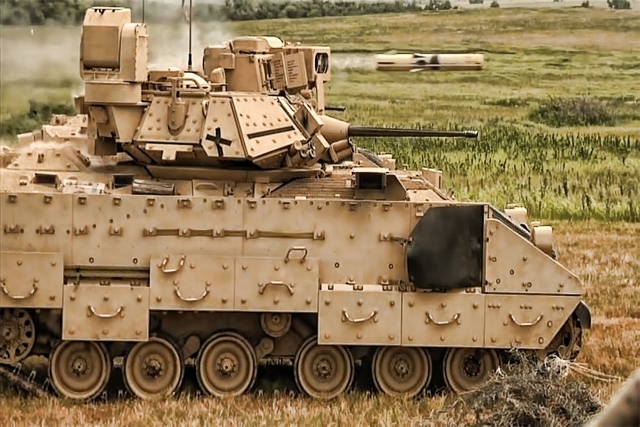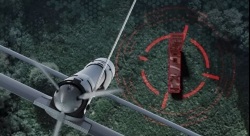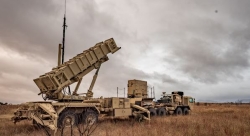Lockheed Martin to Develop Gen 3 Radar System for Apache Helicopter Fleet
New APR-48B Electronic Warfare System to Enhance Apache's Capabilities Through Microelectronics
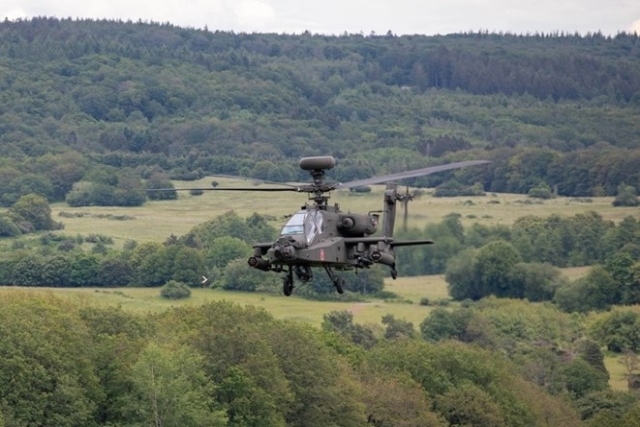
Lockheed Martin has received a contract from the U.S. Army's Apache Attack Helicopter Project Management Office to develop the Gen 3 Radar Frequency Interferometer (RFI) / Radar Warning Receiver (RWR) APR-48B system.
This next-generation technology is designed to enhance the Apache helicopter fleet's electronic warfare capabilities using advanced microelectronics.
The Gen 3 RFI system builds on over 30 years of experience with earlier models and will deliver improved performance in a smaller, lighter package.
Lockheed Martin collaborated with Intel and Booz Allen Hamilton through the Department of Defense’s Trusted and Assured Microelectronics (T&AM) program to develop advanced microchip technology from Intel’s Altera division. This collaboration centered on two projects— State-of-the-Art Heterogeneous Integration Packaging (SHIP) and Stimulating Transition for Advanced Microelectronics Packaging (STAMP) —where Altera developed a Multi-Chip Package (MCP-2) for defense systems. Lockheed Martin and Altera optimized this technology for electronic warfare, accelerating its delivery to the U.S. Army.
The MCP-2 microchip is crucial for modernizing the Apache helicopter’s systems, making them smaller, lighter, and more powerful. The new Gen 3 RFI system, part of the APR-48B electronic warfare system, incorporates Radio Frequency System on a Chip (RFSOC) technology, a first for Lockheed Martin. RFSOC combines radio frequency circuits and processing components into a single chip, enhancing system speed, size, and efficiency by reducing the need for separate parts. This technology improves electronic warfare capabilities in Apache helicopters by enabling quicker detection and response to threats.
